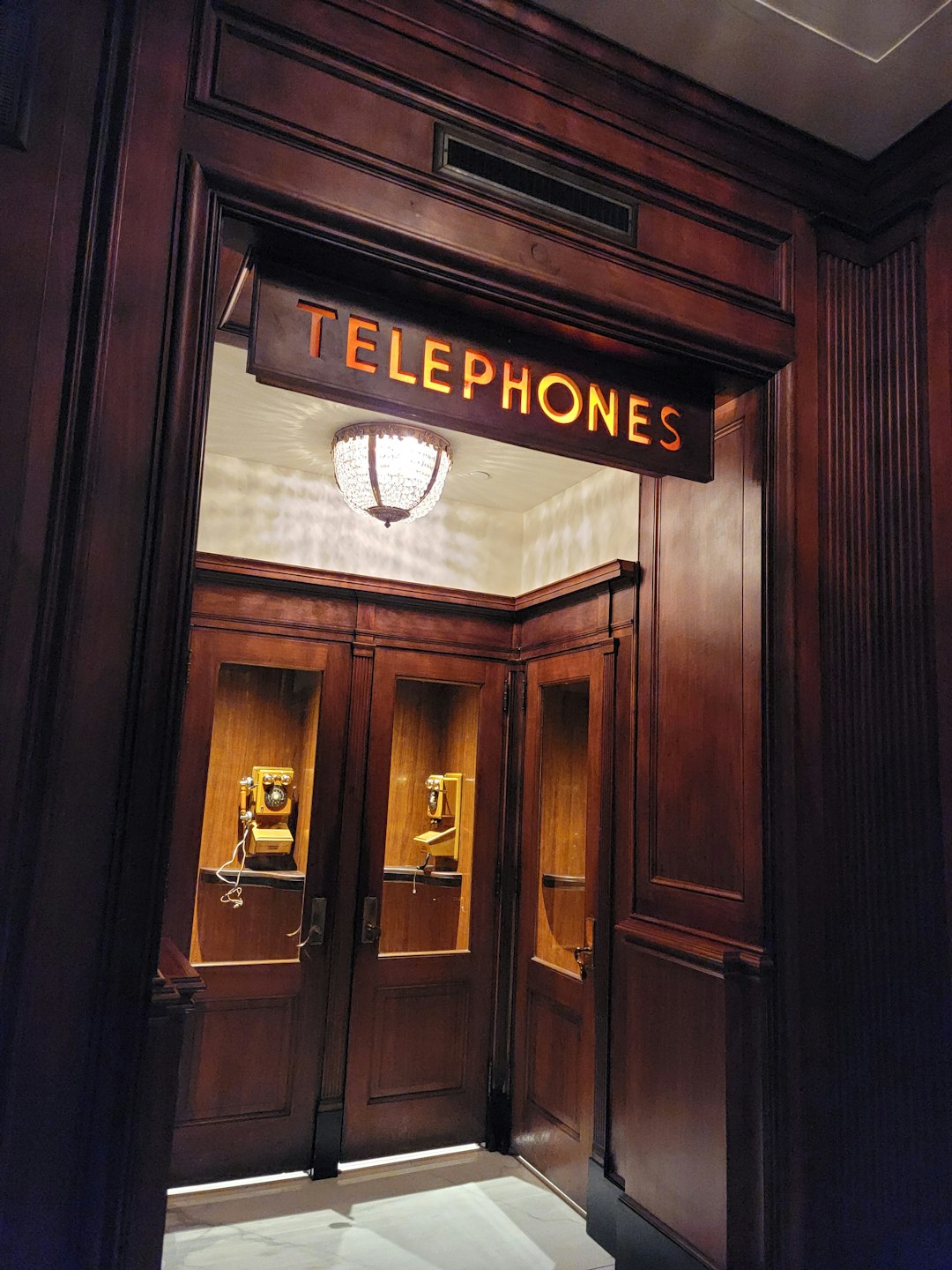Chicago's anti-spam laws protect residents from unwanted text messages by mandating business consent and privacy respect. Spam texts attorneys guide businesses and individuals through complex regulations, ensuring compliance to avoid severe penalties, preserving customer trust, and promoting responsible marketing practices. These strict rules empower consumers and deter unauthorized bulk messaging.
“Chicago has taken a stand against unwanted text messages with stringent anti-spam regulations in place. This comprehensive guide explores the city’s strict laws aimed at protecting consumers from aggressive marketing tactics. We delve into who these regulations target, the potential legal repercussions for violators, and the key provisions designed to safeguard residents from spam texts. If you’re a Chicago resident or business owner, understanding these rules is crucial, especially when considering your rights and responsibilities as an attorney specializing in this area.”
Understanding Chicago's Anti-Spam Laws

Chicago has implemented strict regulations to combat the nuisance of spam texting, providing much-needed relief for residents tired of unsolicited messages. These anti-spam laws are designed to protect consumers and give them control over their communication channels. The primary focus is on preventing automated or bulk text messaging that promotes products, services, or events without prior consent.
Understanding these regulations is crucial for both businesses and individuals alike. A Chicago Attorney specializing in telecommunications law can offer guidance on how to navigate this complex landscape. They ensure compliance with the rules, which include obtaining explicit opt-in from recipients, providing an easy way to unsubscribe, and respecting individual privacy. By adhering to these guidelines, businesses can effectively market their offerings while avoiding penalties associated with spam texting.
Who Does the Regulation Target?

The regulation targeting spam texts in Chicago primarily focuses on holding businesses and individuals accountable for unsolicited text messages that promote products, services, or promotions. This includes marketing campaigns sent out without explicit consent from recipients, often referred to as “opt-in” or personalized consent. The primary target is to protect consumers from unwanted, intrusive messaging, ensuring their privacy and peace of mind.
Attorneys in Chicago play a crucial role in navigating these regulations, advising clients on best practices for text marketing campaigns, and mitigating risks associated with spam texts. They help businesses understand the legal implications of sending bulk messages, ensuring compliance with local laws to avoid penalties and maintain customer trust.
Legal Consequences for Violators

In Chicago, violating anti-spam texting regulations can lead to significant legal consequences for businesses and individuals alike. The city has stringent laws in place to protect residents from unwanted text messages, often used for promotional purposes. If found guilty, offenders can face substantial fines, ranging from hundreds to thousands of dollars per violation, depending on the severity and frequency of the offense.
These penalties are designed to deter spammers and ensure compliance with consumer protection laws. An attorney specializing in Chicago’s telecommunications law can guide those facing such charges through complex legal procedures, advocating for their rights while navigating potential repercussions. The consequences serve as a strong deterrent, encouraging responsible marketing practices and respect for subscribers’ privacy and consent.
Protecting Consumers: Key Provisions

In an effort to safeguard consumers from unsolicited and potentially harmful spam texts, Chicago has implemented strict regulations. These restrictions are designed to empower residents by giving them control over their communication channels. Key provisions include requirements for sender identification, opt-out mechanisms, and limited hours for marketing messages.
Attorneys in Chicago play a vital role in ensuring these regulations are adhered to, offering guidance to businesses on legal compliance. They help craft clear consent language, implement effective opt-out processes, and educate clients about the importance of respecting consumer choices. This collaborative approach fosters a fair and transparent environment, protecting consumers’ rights while allowing legitimate business communication.






